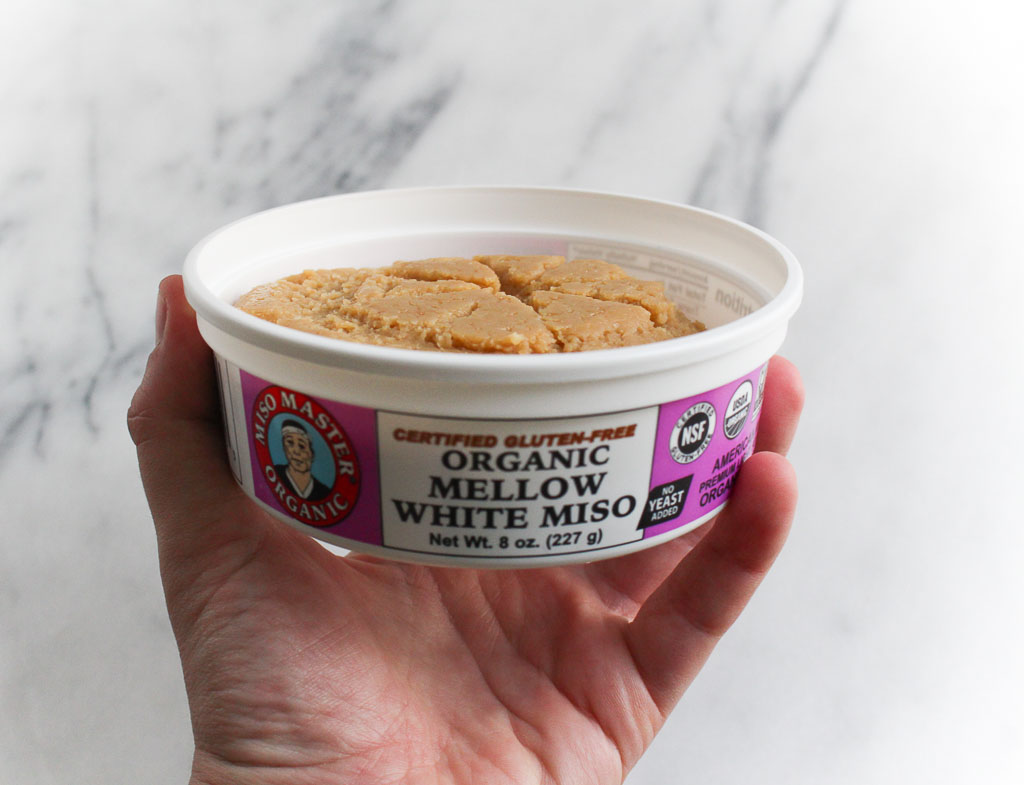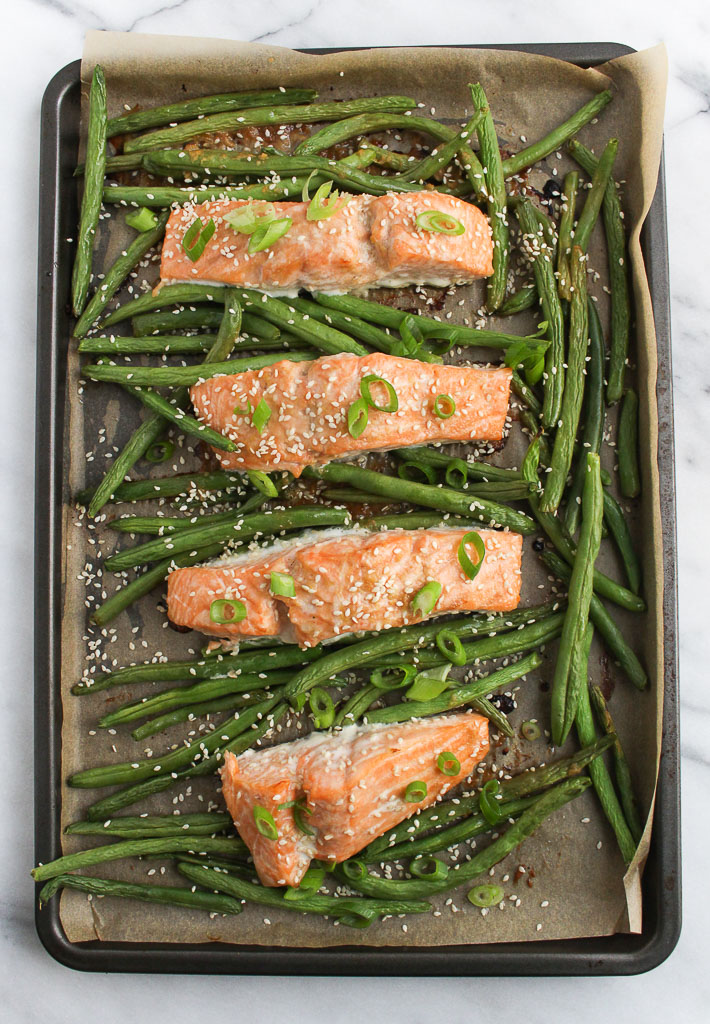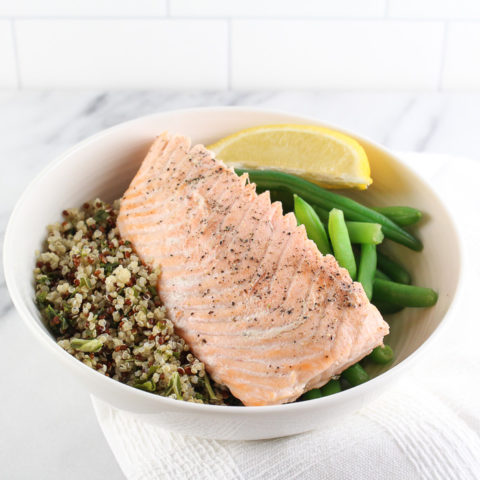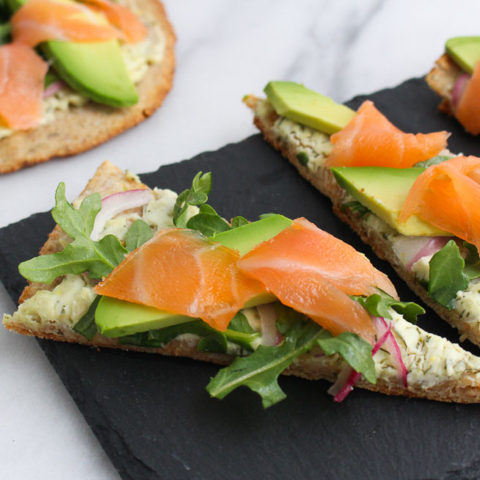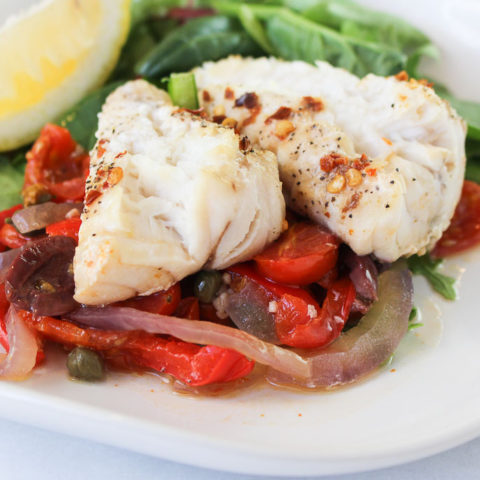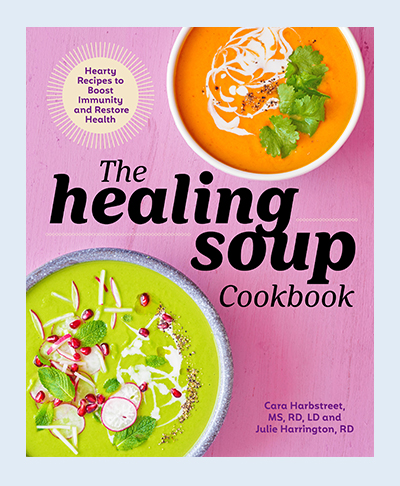This post may contain affiliate links. Read my privacy policy.
This sheet pan recipe has a special gut health ingredient – miso! Sheet pan dinners are becoming a staple for busy weeknights. Sheet pans dinners are versatile and can be mixed and matched with different ingredients and flavor blends.
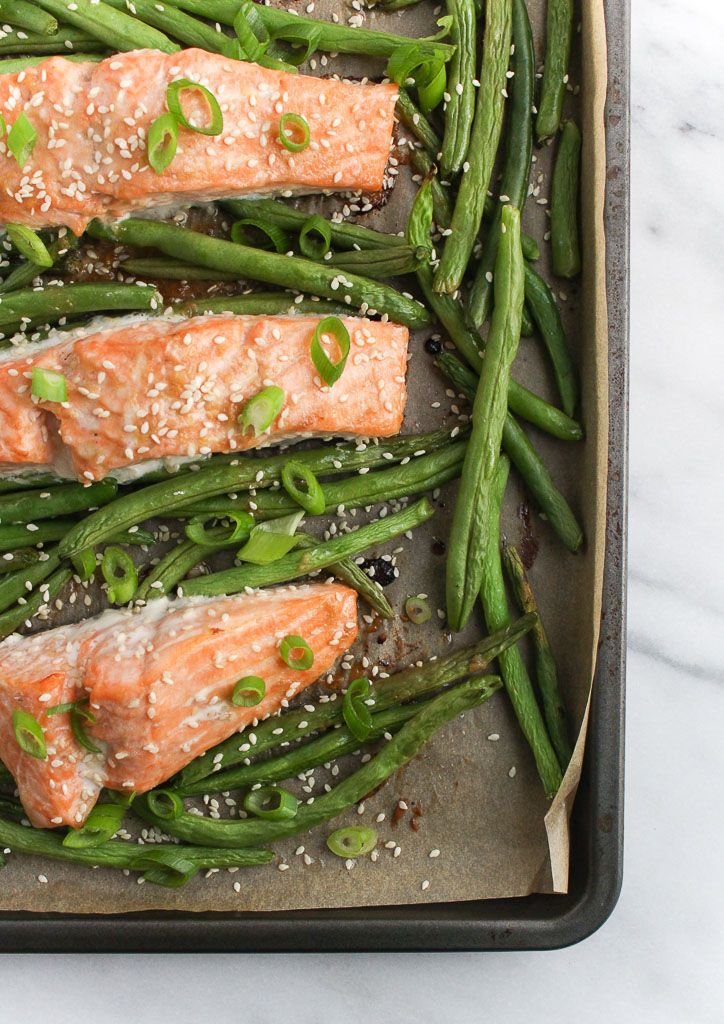
Gut Health:
More and more research is being studied about gut health and the connection to overall health. Some are even calling the gut a “second brain” as now studies are showing how much they continuously work together.
According to Harvard Medical School, a troubled intestine can send signals to the brain, just as a troubled brain can send signals to the gut. Therefore, a person’s stomach or intestinal distress can be the cause or the product of anxiety, stress, or depression because the brain and the gastrointestinal (GI) system are intimately connected.
Why gut health is important
I’m sure you’ve heard about how probiotics support gut health. If not, probiotics are live bacteria and yeasts that are good for your health, especially your digestive system. We usually think of bacteria as something that causes diseases. The body is full of bacteria, both good and bad. Probiotics are often called “good” or “helpful” bacteria because they help keep the gut stay healthy.
Food rich in probiotics includes yogurt, kefir and fermented foods like sauerkraut, kombucha, tempeh, and miso – the probiotic-rich food I used in this recipe.
What is Miso Paste?
In simple terms, miso is a fermented bean. Primarily, miso is made from soybeans, but any bean can be used. I use chickpea miso or white soybean miso often, just because it’s lighter in color and a more neutral flavor.
Varieties of Miso Paste
Diving a little deeper into the difference between varieties of miso, I consulted one of my favorite cooking resources, The Kitchn.
White Miso
White miso is made from soybeans that have been fermented with a large percentage of rice. The actual resulting color can range from white to light beige, and the miso has a definite sweet taste. White miso is best used in condiments like mayo or salad dressings, or in light sauces.
Yellow Miso
Yellow miso is usually made from soybeans that have been fermented with barley and sometimes a small percentage of rice. It can be yellow to light brown in color. Yellow miso has a mild, earthy flavor and is better for general use in not only condiments, but soup, marinades, and glazes.
Red Miso
Red miso is typically made from soybeans fermented with barley or other grains, though with a higher percentage of soybeans and/or a longer fermentation period. It can range in color from red to dark brown. The deep umami flavor of red miso can overwhelm mild dishes but is perfect for hearty soups, braises, and glazes.
My go-to miso brand is, Miso Master.
Many have an understanding that probiotics are important for gut health and with cold and flu season upon us, the best defense may be good gut health, but the key to these helpful gut health bacteria is feeding them with prebiotics for the probiotics to flourish in the gut.
Prebiotics are a type of fiber. They are un-digestible plant fibers that already live inside the large intestine. The more food, or prebiotics, that probiotics have to eat, the more efficiently these live bacteria work and the healthier your gut will be.
Prebiotics are found in whole foods that are packed with fiber (aka. plants)! To improve gut health, a mixture of both probiotics and prebiotics is needed. Probiotics need to be fed (by prebiotics) in order to remain active and healthy and to benefit you as much as possible.
Bottom Line
Prebiotics (fiber) is the food for probiotics (helpful bacteria) to flourish, to improve gut health.
Let’s put it this way: It’s like you can’t out-exercise a poor diet. The same goes for gut health. You can’t consume more probiotics without consuming prebiotics to improve gut health.
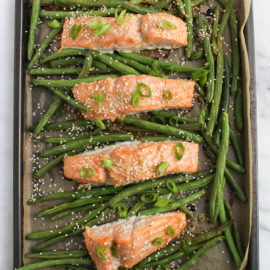
Sheet Pan Miso Salmon and Green Beans
- Prep Time: 10 mins
- Cook Time: 12 mins
- Total Time: 22 mins
- Yield: 4
- Category: dinner
Description
Sheet pan dinners are becoming a staple for busy weeknights. They are versatile and can be mixed and matched with different ingredients and flavor blends. This sheet pan recipe has a special gut health ingredient – miso!
Ingredients
- 1 ¼ pounds salmon, sliced into even portions
- 2 tablespoons white miso
- 1 teaspoon sesame oil
- 1 tablespoon mirin
- 1 tablespoon low-sodium soy sauce (or liquid aminos)
- 1 tablespoon fresh ginger, minced
- 1 clove garlic, minced
- 1 lb. green beans, ends trimmed
- 1 tablespoon sesame seeds, toasted
- 2 scallions, thinly sliced
Instructions
- Preheat oven to 375 degrees F. Line a large baking sheet with parchment paper or coat with cooking spray.
- In a small bowl, whisk together miso, sesame oil, soy sauce, ginger, and garlic until smooth.
- In an even layer spread the green beans on the baking sheet. Make room in between green beans and place salmon skin side down. Brush salmon generously with miso mixture. Drizzle remaining miso mixture over green beans.
- Bake for 6-10 minutes, depending on the thickness of the salmon, until salmon is opaque in the center and can flake easily. Broil for the last 1-2 minutes.
- Garnish salmon and green beans with sesame seeds and scallions.
Keywords: dinner, salmon, sheet pan
Disclosure: This recipe has been updated to be entered into the #CelebrateSeafood recipe contest.

